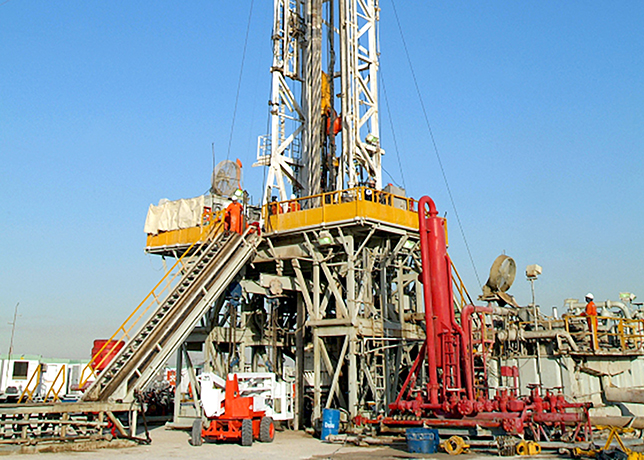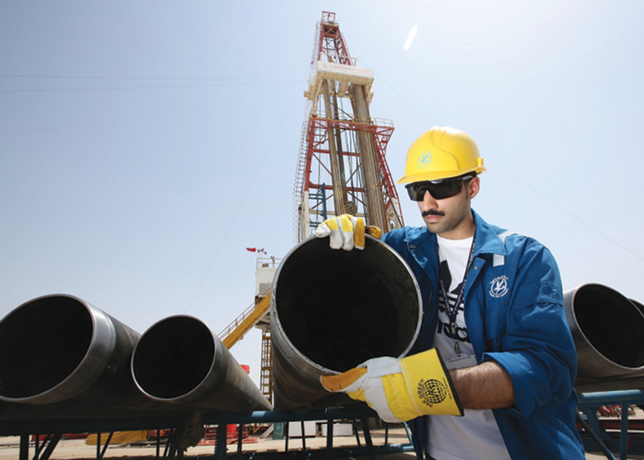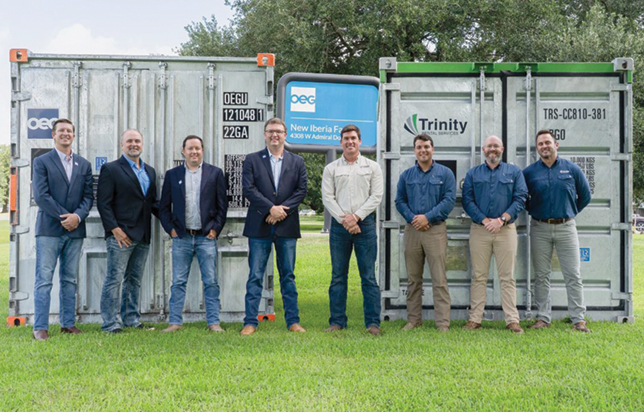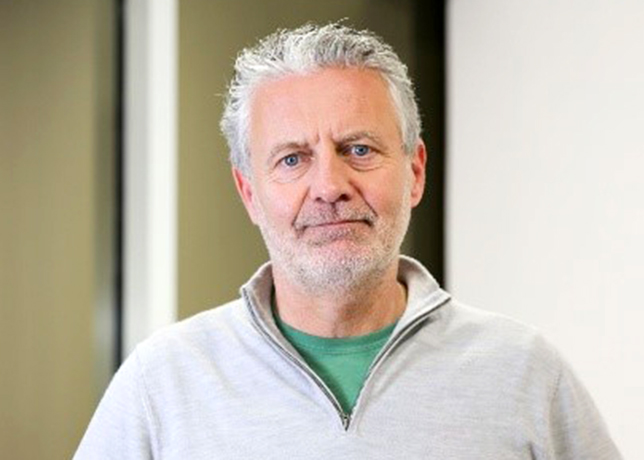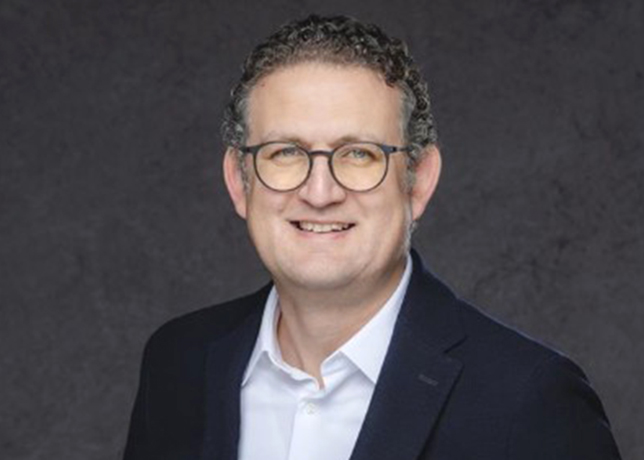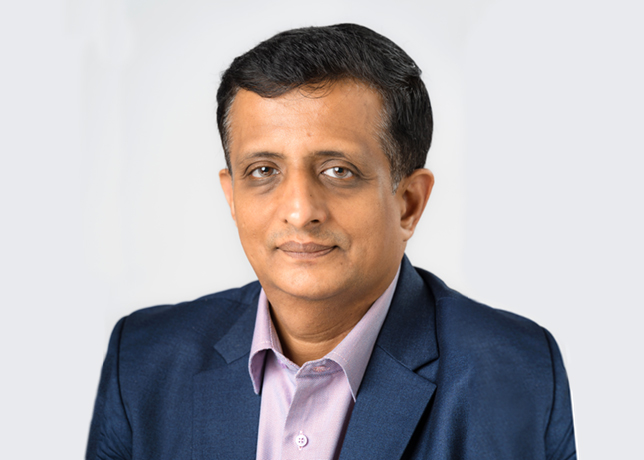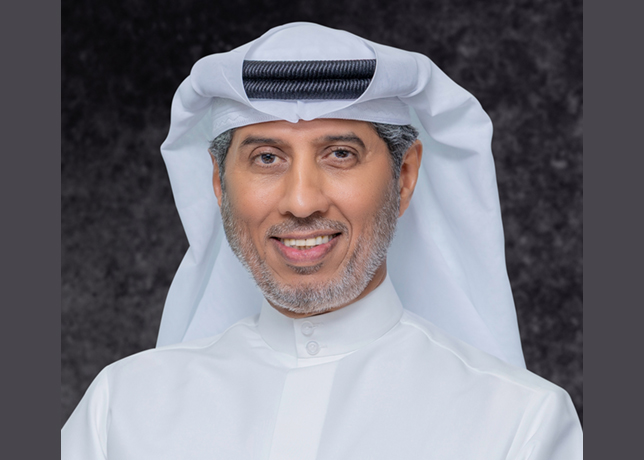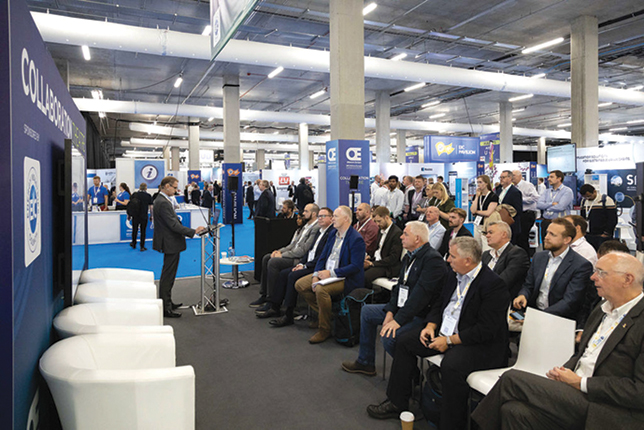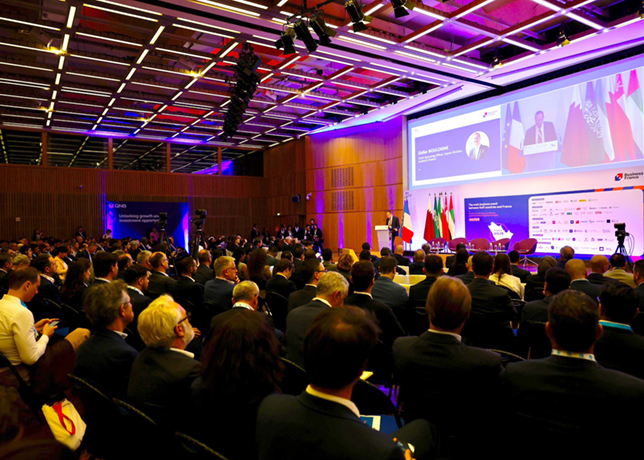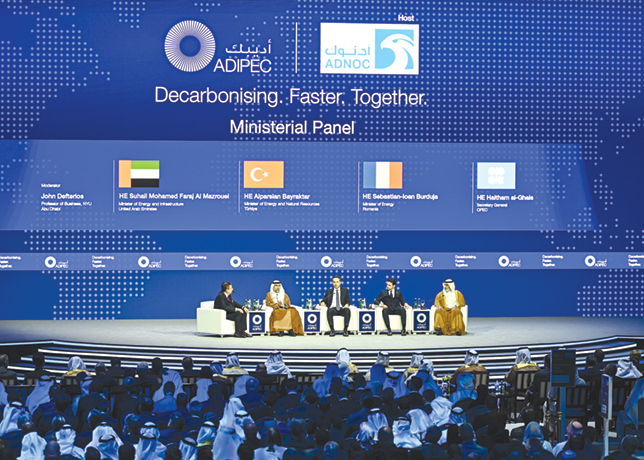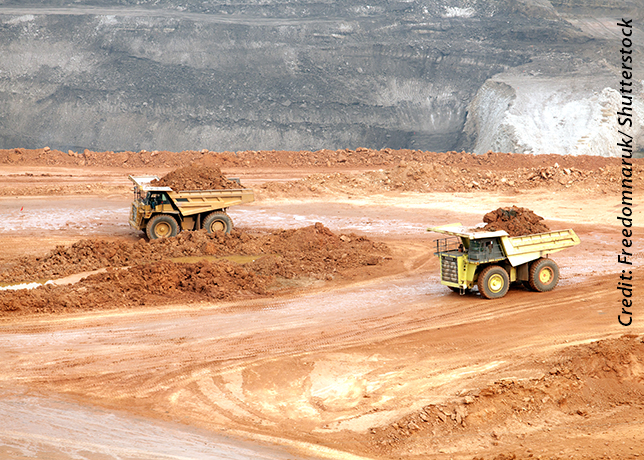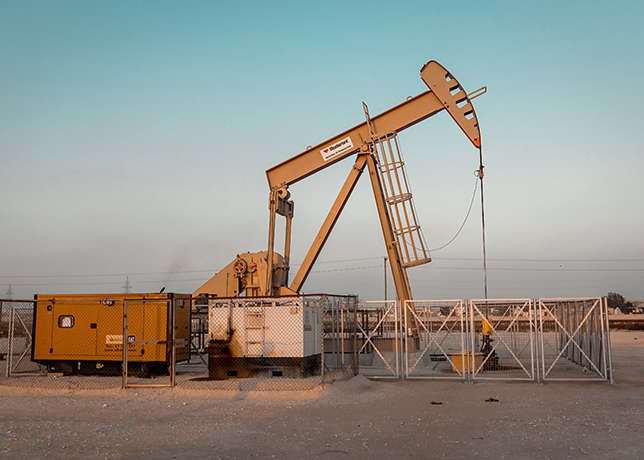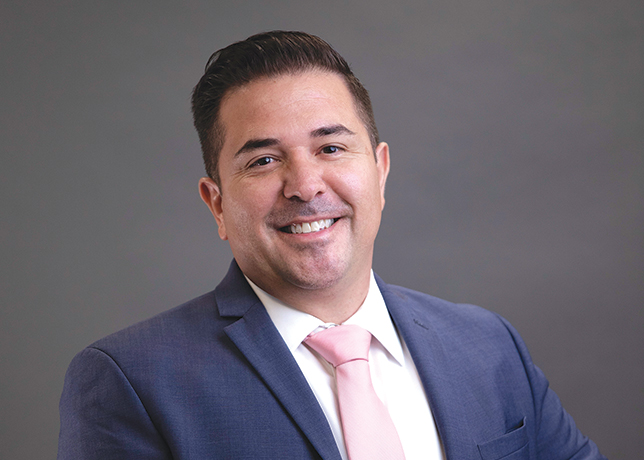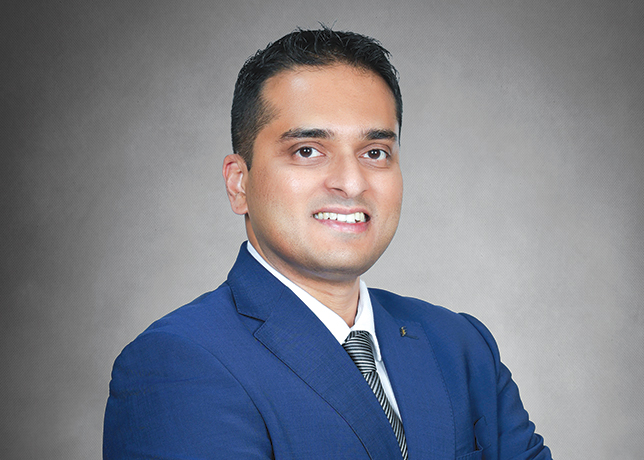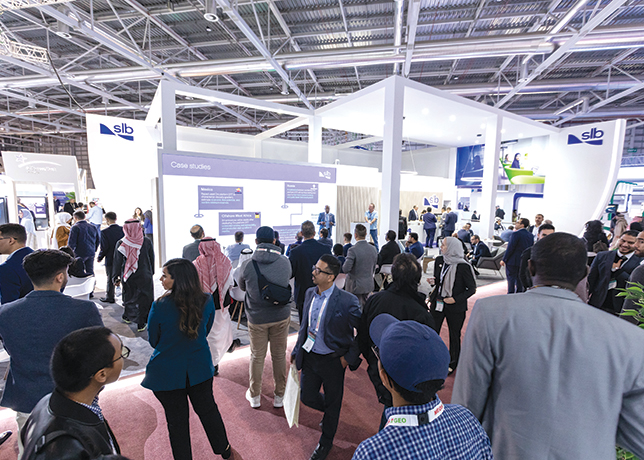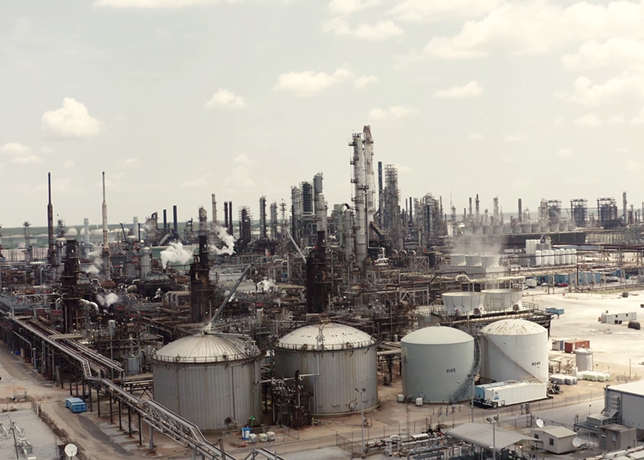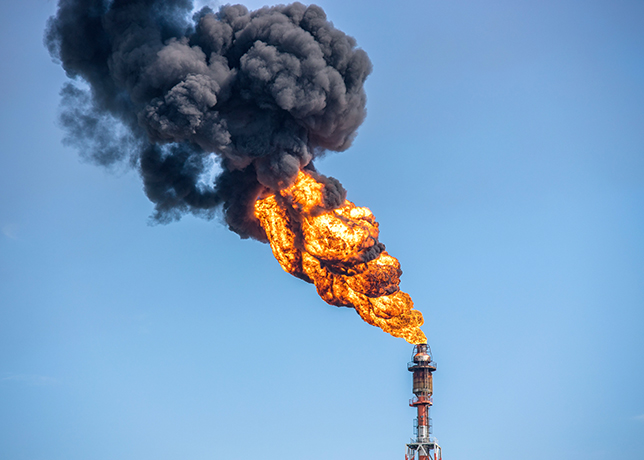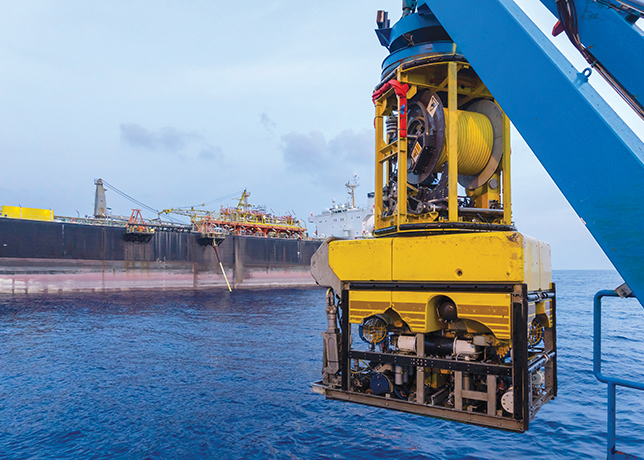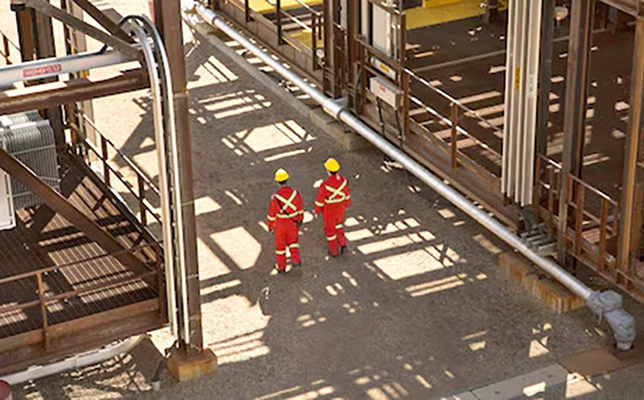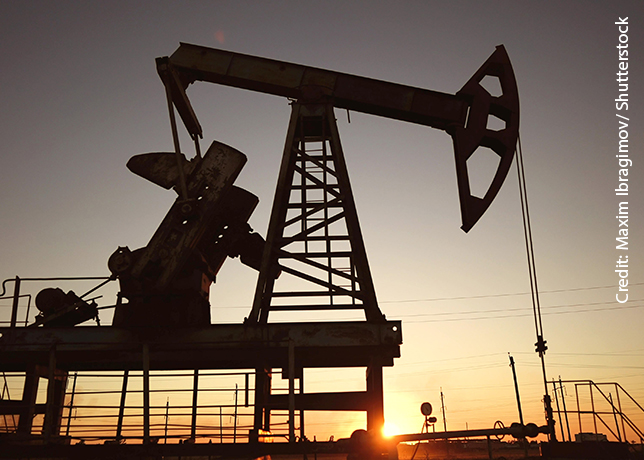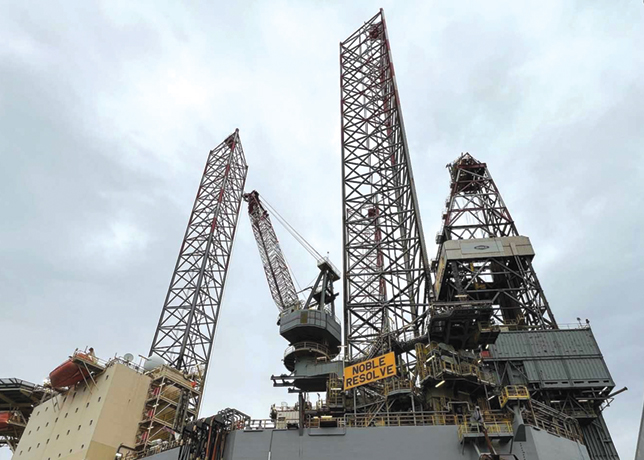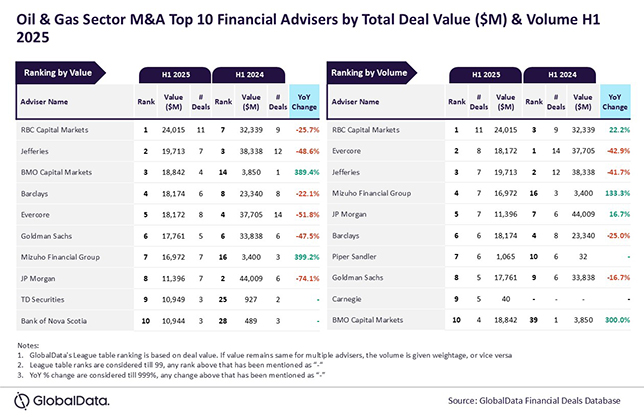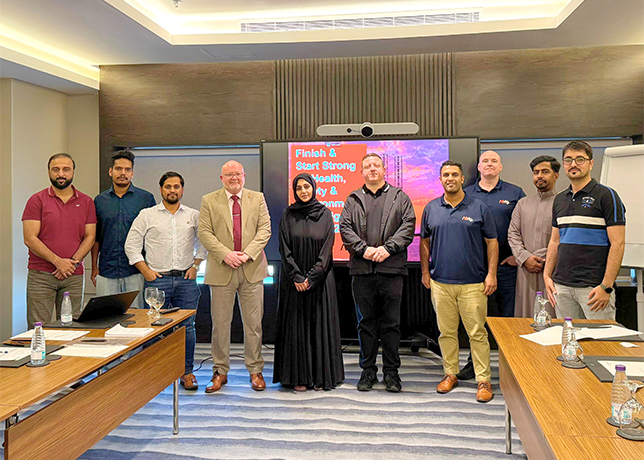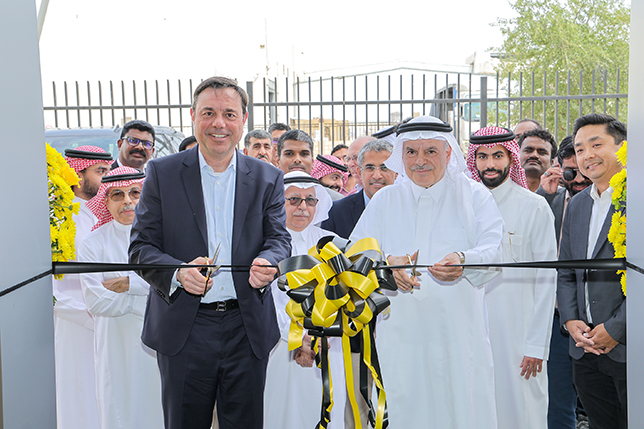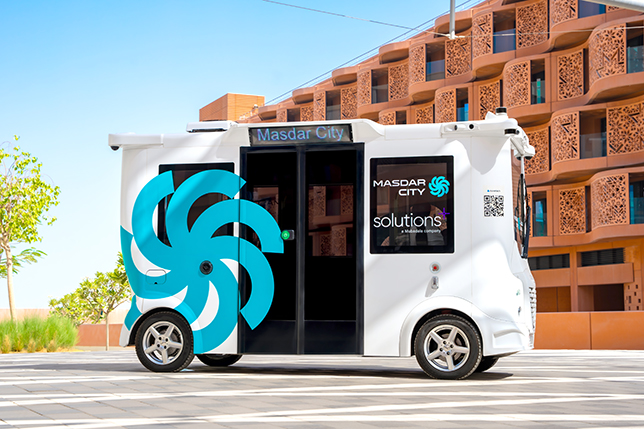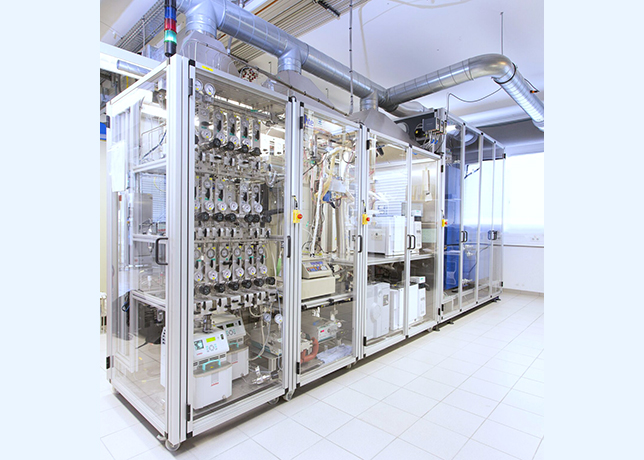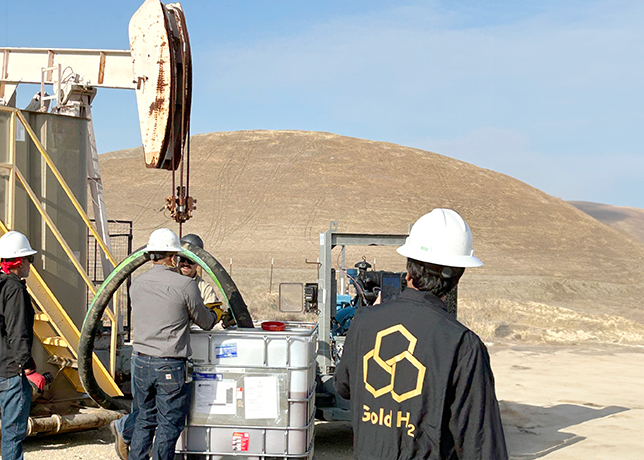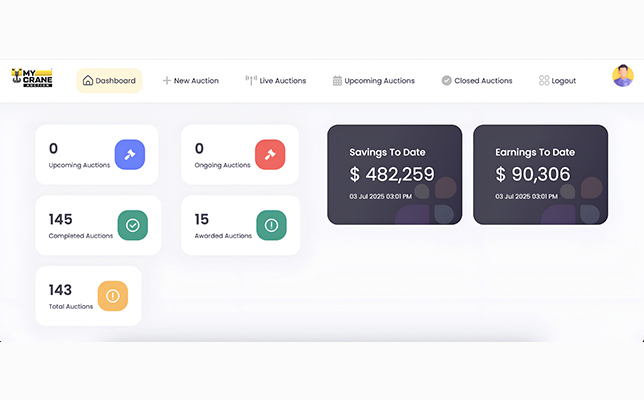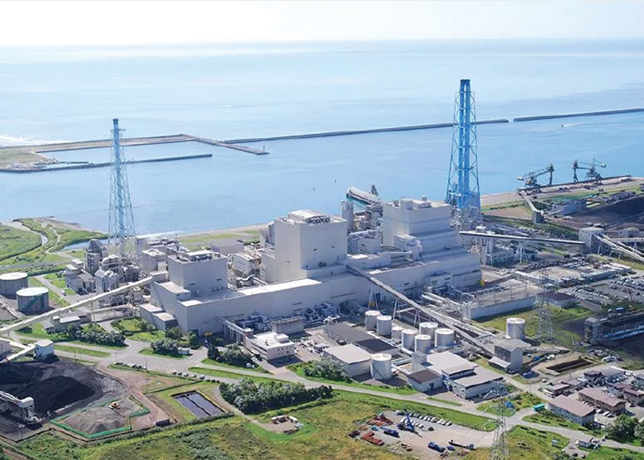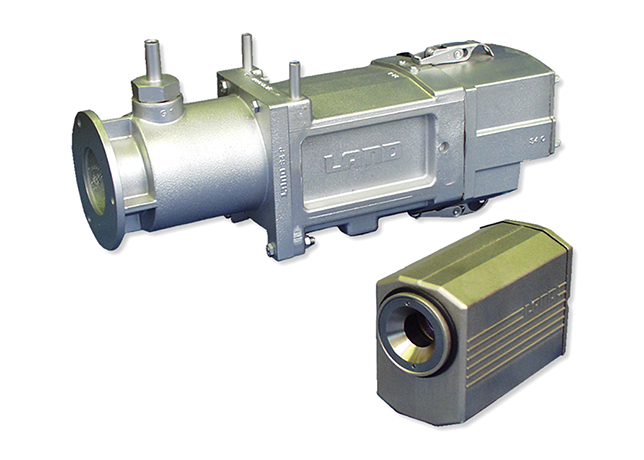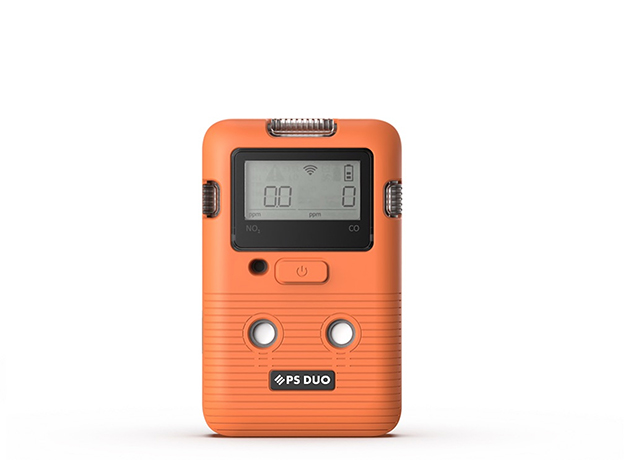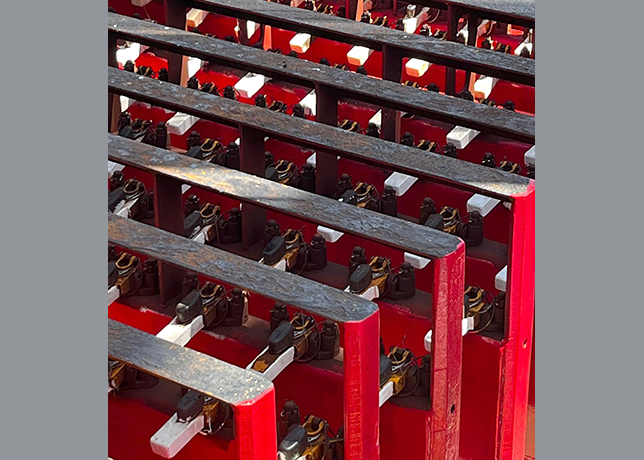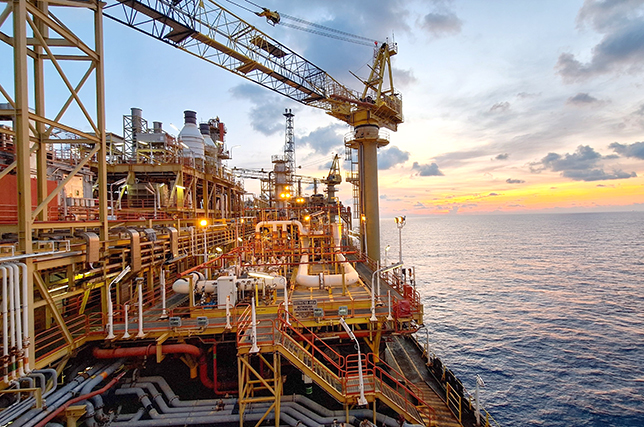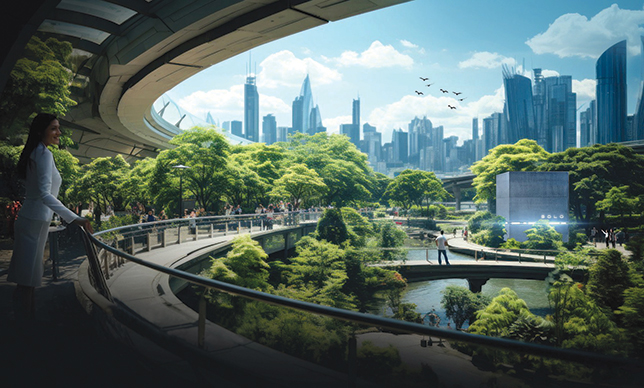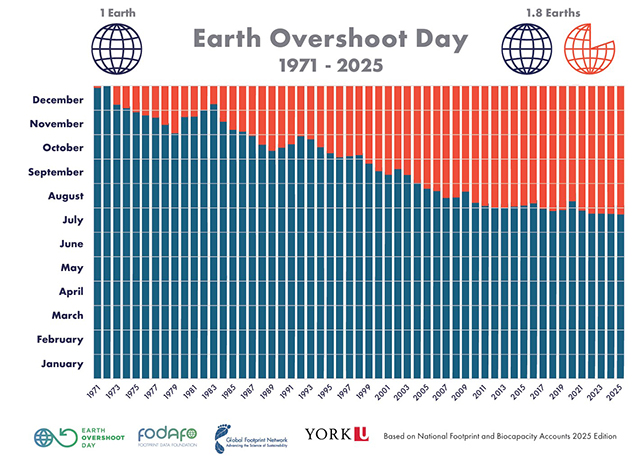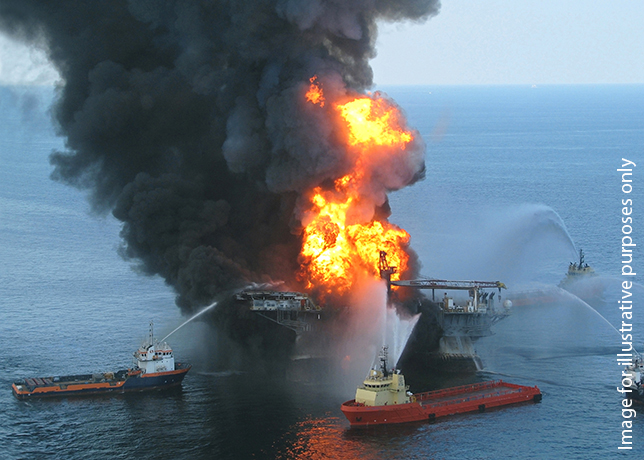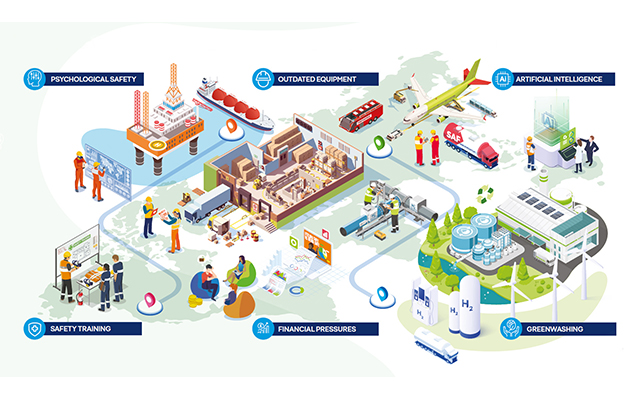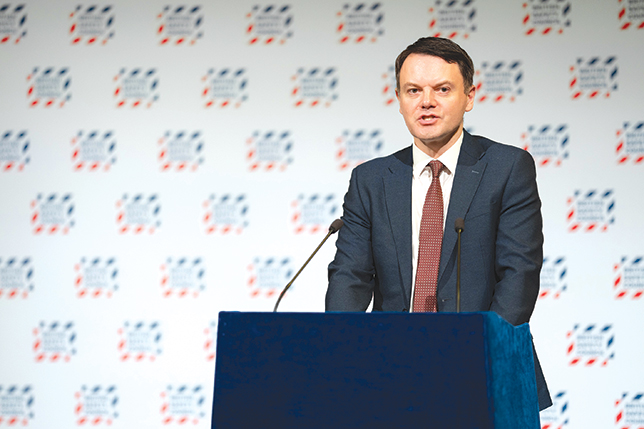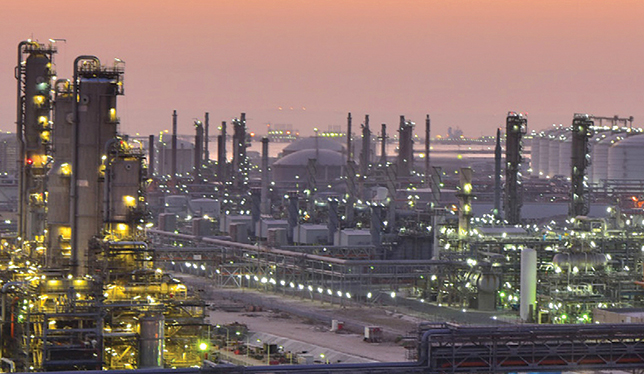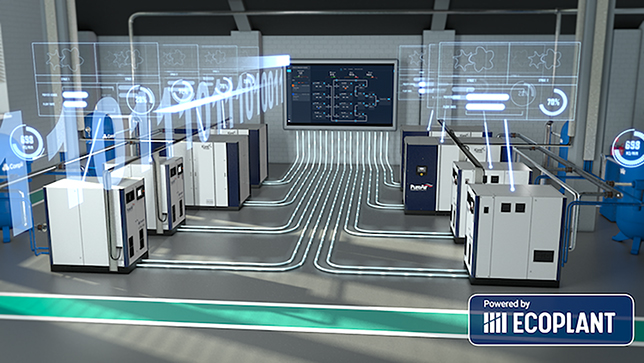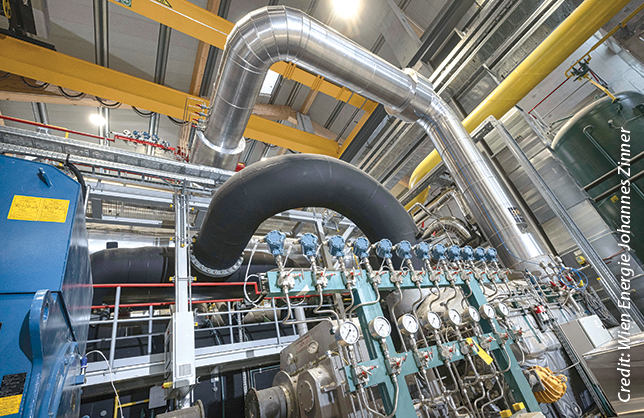
 The Rabigh refinery
The Rabigh refinery
Saudi Aramco significantly bolstered its already strong ties to Japan by signing two major agreements with Japanese partners last year.
In May 9, 2004, in Dhahran, the company signed a landmark memorandum of understanding with Sumitomo Chemical Co Ltd for a joint feasibility study of the planned development of an integrated refining and petrochemical complex at Rabigh on the Red Sea.
Saudi Aramco president and CEO Abdallah S Jum'ah said the proposed plant would be "the largest such facility built in a single stroke."
Then, in Tokyo, the company signed an agreement with the Royal Dutch Shell Group to acquire a 9.96 per cent strategic shareholding in Showa Shell Sekiyu KK, a publicly traded Japanese refining and marketing company.
The deal will expand Saudi Aramco's worldwide refining and marketing presence and ensure a continued reliable source of high-quality refined petroleum products to Japan, one of the company's most important export markets for crude oil.
In the Sumitomo agreement, Jum'ah signed on behalf of Saudi Aramco and the Kingdom, with Sumitomo president and CEO Hiromasa Yonekura signing for Sumitomo.
Signers for the Showa Shell agreement were Abdulaziz F Al Khayyal, Saudi Aramco senior Vice-President, Refining, Marketing & International, and Robert Routs, managing director of Shell Global Group.
The proposed Rabigh refining/petrochemical venture will be Saudi Aramco's first major investment in a petrochemical facility in the Kingdom. Sumitomo's Yonekura said, "It's a unique project, and, when completed, it will be the most cost-competitive such facility in the world."
Sumitomo is Japan's second largest chemical manufacturer, with sales of approximately $11 billion in fiscal year 2002.
The proposed plant is envisioned to produce 2.2 million tonnes of olefins (ethylene and propylene), large volumes of gasoline and other refined products.
Saudi Aramco will supply the venture with 400,000 barrels per day of crude oil, 95 million standard cubic feet per day of ethane, and 10,000 barrels per day of butane. Sumitomo will bring to the deal, along with its direct investment, its extensive proprietary petrochemical technology and marketing base.
The companies have retained a project management services contractor, Foster Wheeler, financial adviser Sumitomo Mitsui Banking Corporation and other necessary advisers to proceed quickly with the execution of the project.
In a speech following the signing ceremony, Jum'ah praised Sumitomo's "leadership position in the petrochemical industry and a well-deserved reputation for their research and development activities, their application of advanced technology and their innovative approach to the petrochemical business."
He added, "The agreement signed today will have lasting benefits for the Kingdom for many decades to come and is indicative of the efforts exerted by the Kingdom's leadership to secure a better future for our children and for our grandchildren."
In his speech, Jum'ah also emphasised the "tremendously positive working relationships" that Saudi Aramco has enjoyed with various Japanese companies and the continuing strong commercial ties between the two countries.
Yonekura said Saudi Arabia and Japan share the fundamental goal of enhancing the welfare of their people while pursuing corporate business objectives. "Because of this, I feel a strong bond uniting our two companies -- as if we were somehow predestined to collaborate with Saudi Aramco on the project," he said.
"I had the privilege of visiting Saudi Aramco's magnificent refinery at Rabigh and other facilities of the company," Yonekura added. "My colleagues and I were deeply impressed by the excellent quality of the grand-scale work done by Saudi Aramco. ... We place the deepest trust in the high level of competence of Saudi Aramco, both as an organisation and as individuals."
The existing Rabigh Refinery is a 400,000 barrels per day "topping" facility built in 1989 to extract high-value "white" products, such as naphtha, from crude oil and refine out other products.
The government's 50per cent share of the refinery was turned over to Saudi Aramco in 1993 as part of the royal decree integrating the Kingdom's oil industry. Saudi Aramco acquired the remaining 50 per cent on June 1, 1995.
The refinery is located an hour and a half north of Jeddah and boasts a fine natural harbour guarded by a submerged barrier reef. Its crude feedstock is shipped south by tanker from Yanbu, which receives oil from the company's main Eastern Province fields via the East-West Pipeline. A pipeline is currently being built to replace the tanker operations.
Third-party, private-sector investment opportunities are expected to be created by the proposed Rabigh project, for utilities and other related infrastructure.
Jum'ah stressed that the agreement with Sumitomo "underscores the Kingdom's favourable investment climate, and the competitive advantages Saudi Arabia enjoys in the petrochemical sector."
"The combination of abundant raw materials, wise economic policies, a strong fiscal framework, economies of scale and growing demand all serve to make the Kingdom a choice destination for foreign and domestic direct investment," Jum'ah said.
He added that the agreement "adds an important new dimension to our joint-venture portfolio, and is yet another signal that Saudi Arabia is open for business to the serious, far-sighted investor."


